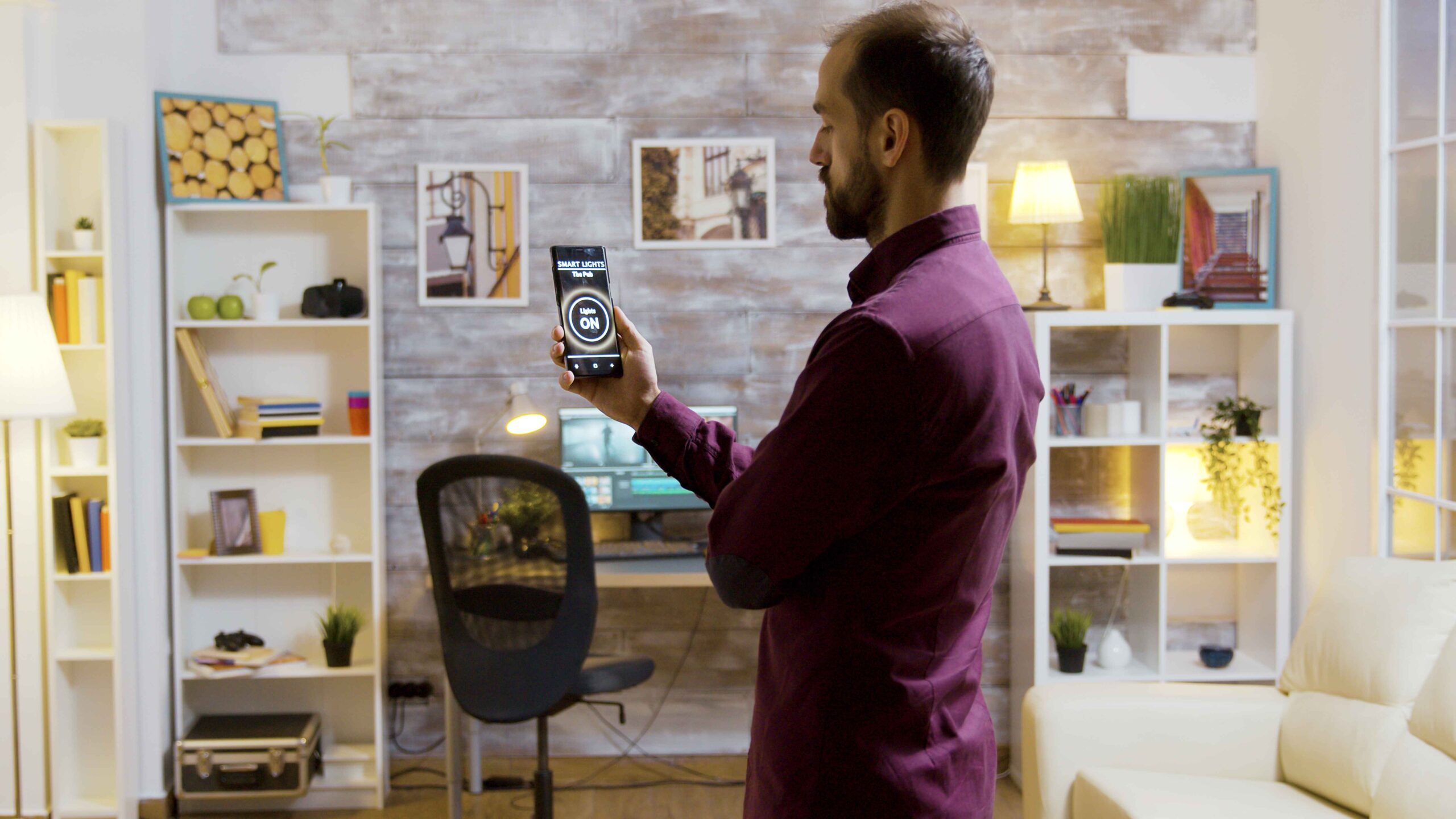In an age where safety is paramount, having a reliable security system is no longer a luxury but a necessity. Many homeowners and business owners are exploring DIY security camera installation as an affordable alternative to professional services. Setting up your system can save costs but there are important factors to consider before deciding whether this approach suits your needs.
Understanding DIY Security Camera Installation
DIY security cameras installation involves purchasing a security camera kit and setting it up yourself without professional help. Kits often include cameras, wiring, and basic setup guides. The process requires careful planning to ensure effective placement and functionality.
This approach has grown popular due to its cost-effectiveness and accessibility. However, understanding its benefits and drawbacks is crucial to making an informed decision.
The Pros of DIY Security Camera Installation
- Cost Savings: One of the most attractive aspects of DIY installation is its affordability. You can significantly reduce costs, with no professional labor charges. Additionally, the availability of budget-friendly security camera installation kits makes this option appealing to many.
- Flexibility and Control: DIY setups allow users to have complete control over the installation process. You can decide on the placement and settings of your security cameras to suit your specific requirements. For instance, you can set up CCTV surveillance cameras for optimal viewing angles in high-traffic areas.
- Learning Opportunity: Installing your own system can be a learning experience. It familiarizes you with the functionality of your security system, enabling you to quickly solve problems in the future.
The Cons of DIY Security Camera Installation
- Lack of Expertise: Professional security camera installation services provide expertise that ensures proper placement and configuration. DIY installations often risk inadequate coverage or missed blind spots due to a lack of technical expertise.
- Time-Consuming: Setting up your security surveillance system can be time-intensive, especially for first-timers. Tasks like drilling, wiring, and syncing cameras with monitoring devices require patience and precision.
- Limited Technical Support: Many DIY kits come with basic instructions, leaving users to resolve issues independently. Fixing issues can become frustrating without access to professional help.
Professional Security Camera Installation vs. DIY
Opting for professional installation services can be a game-changer for homeowners seeking the best home security system. Experts ensure that cameras are strategically placed for comprehensive coverage, reducing vulnerabilities. Additionally, professional surveillance camera installers provide regular maintenance and updates to keep your system in optimal condition.
The stakes are even higher for businesses. Industrial security cameras and commercial CCTV installers often cater to unique needs, such as monitoring expansive spaces or integrating with existing access control systems. These tailored solutions are difficult to replicate with DIY installations.
Factors to Consider Before Choosing DIY
- Property Size: For smaller properties, a DIY setup may suffice. However, larger properties often require the expertise of professional video surveillance system installation teams to ensure adequate coverage.
- Technical Skills: Evaluate your comfort level with technology. Setting up house security camera installation involves understanding wiring, Wi-Fi connectivity, and app configurations.
- System Features: Advanced features like night vision, motion detection, and remote monitoring are easier to implement with professional help. Ensuring these features work seamlessly in a DIY setup can be challenging.
DIY Tips for Success
If you choose to go the DIY route, follow these tips for a smoother experience:
- Plan Camera Placement: Identify high-risk areas such as entrances, windows, and blind spots. Proper placement maximizes the effectiveness of CCTV surveillance cameras.
- Invest in Quality Equipment: OPT for reputable brands that offer reliable camera installation services and customer support.
- Secure Your Network: Ensure your surveillance cameras are connected to a secure Wi-Fi network to prevent unauthorized access.
- Test Your System: Regularly check your security system’s functionality, including video quality, recording capabilities, and mobile app connectivity.
Professional Assistance: When to Seek Help
Despite the advantages of DIY, certain scenarios warrant professional intervention:
- Complex Installations: Large properties or multi-camera security systems benefit from expert installation.
- Integration Needs: Combining access control systems with CCTV cameras and alarm systems require specialized knowledge.
- Maintenance: Regular cleaning, firmware updates, and fixing problems are easier with professional support.
Conclusion
DIY security camera installation is an applicable option for those seeking cost-effective solutions and hands-on experience. However, it’s essential to weigh the pros and cons against your specific needs. Professional security services remain the gold standard for comprehensive security, while DIY setups work well for simple systems. The choice depends on your budget, skills, and security priorities whether securing your home with the best home security camera system or safeguarding a business with commercial security cameras.
By making an informed decision, you can ensure your property’s safety and enjoy peace of mind knowing you’ve chosen the right solution.





